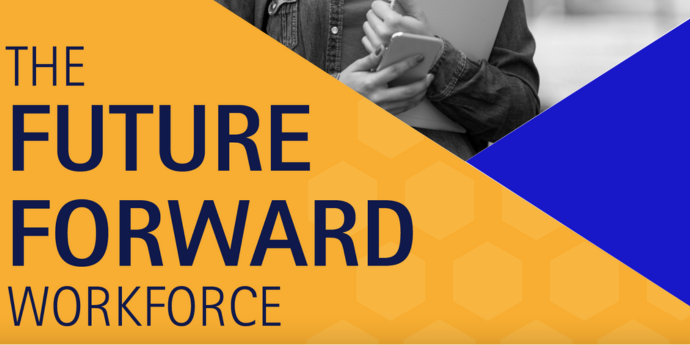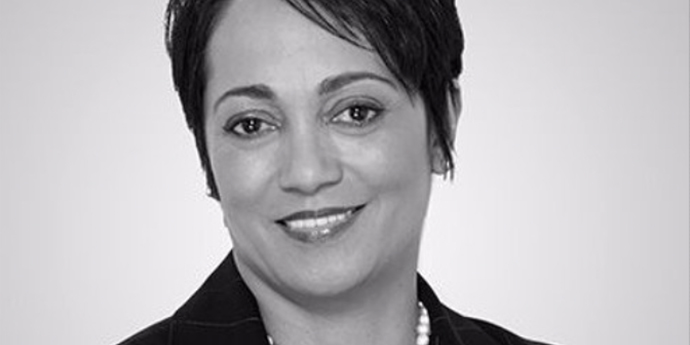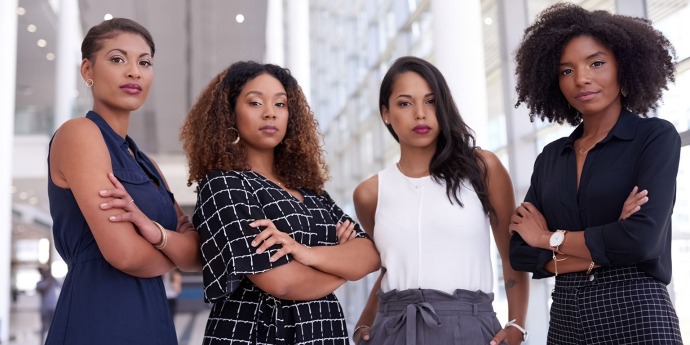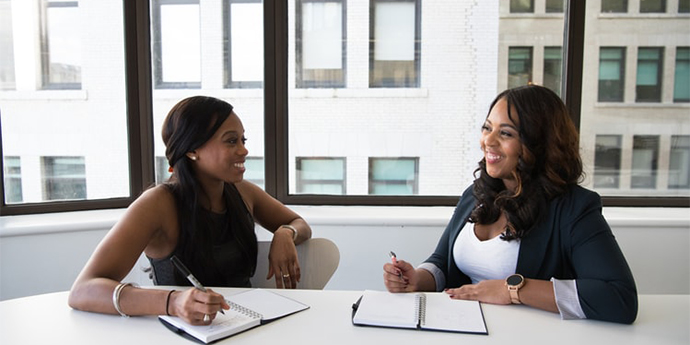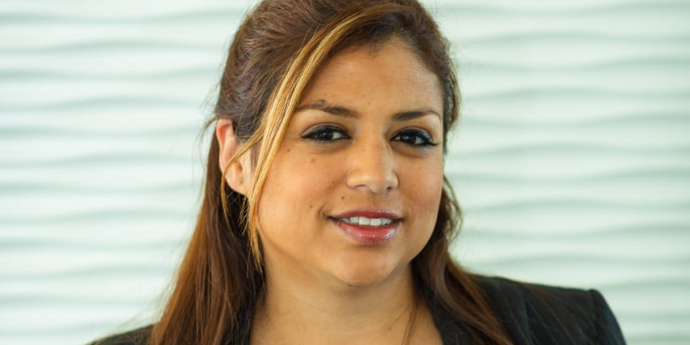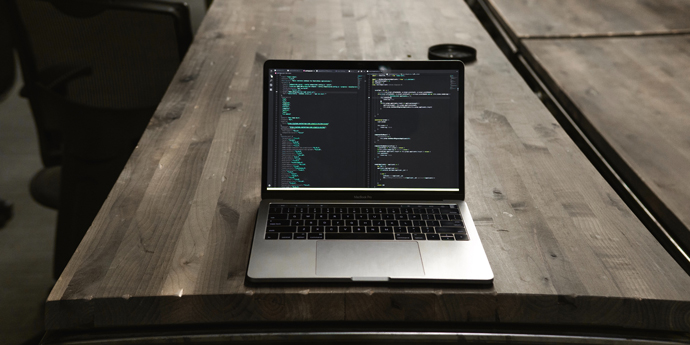Business has a critical role to play in fostering diversity and inclusion and building healthier workplaces and societies in the wake of the crisis.
The COVID-19 pandemic has ripped through countries and continents, exposing deep-seated inequalities and destroying lives and livelihoods. It has also exposed fault lines in the broader society, pushing people to retreat to their comfort zones as they seek to build buffers against what's unpredictable and unfamiliar.
Many of these dynamics are also playing out in workplaces. Last November, a McKinsey report highlighted that diverse groups—including women, LGBTQ+ employees, people of colour, but also working parents—are having the hardest time during the crisis, both in the workplace and with balancing work and home life.
Business leadership has an important role to play in counteracting this. Now is a good time for companies to dial up their investment in Diversity and Inclusion (D&I) programmes and workplace wellbeing initiatives, even though they may feel that this is not a priority given thecrisis.Research from the World Economic Forum has demonstrated that there is both a moral, legal and economic imperative for doing so.
In a broader sense, rebuilding the economy will start with building diverse and inclusive work environments that can potentially permeate all aspects of society. The World Health Organisation points out that we spend at least one-third of our adult lives at work or doing work-related activities, and so the workplace, along with the home, can be seen as the foundation on which societies are built.
Here are three simple things companies can do now to ensure that D&I and wellbeing are given due prominence at this time.
Encourage open and frank discussion about unconscious bias
Honest conversations about unconscious bias could go a long way in terms of raising awareness of all forms of biases and how they affect us.
Celeste Warren, the vice president of human resources and global diversity and inclusion at Merck, a multinational science and technology company, argues that employees should be encouraged to understand their own biases and to talk about these with their colleagues. “Come into the workplace and talk with your peers about it — bring in an article, get together with others and talk about things happening, have a conversation with your manager and join an employee affinity group.”
There is ample evidence that people suffer at work if they are unable to talk about the racial bias they are suffering outside of the workplace. Leaders can lead from the front and encourage open discussion within the team about bias and how this can be overcome. Regular check-[Na1] ins on such matters should become the norm and employees need to be reassured that they are safe to share their thoughts and ideas. However, guard against a one-size-fits-all approach; specific solutions need to be developed within each company and possibly even within each team. Invariably, it is through dialogue and deliberate strategic interventions that issues are resolved, and relationships are strengthened.
Invest in strategic training and development
Training and development are age-old solutions to many a business challenge, and the same is true when it comes to D&I. From helping to ensure that team members understand how individuals are affected by unconscious bias or exclusion and how different people and cultures navigate the world differently, to equipping managers with the tools and insights to build psychologically safe workplaces and manage conflict when it arises, targeted training and management development programmes can play an important role.
Of course, training alone cannot shift deeply embedded cultural messages and beliefs, but it can help to create a common language in the organisation and create awareness. In a globalised workplace, simply ensuring that employees are sensitive to cultural or religious differences, for example, can cultivate empathy and improve communication and in turn, foster collaboration between different groups.
Training must, of course, be reinforced by strong policies and procedures. In the same way that companies regularly update employees or shareholders about the firm’s overall financial health, organisations should constantly communicate or inform employees about strategies in place to build a diverse and inclusive environment and the penalties for non-compliance. Such an approach will send a strong message that the company is serious about building a healthy, bias-free work environment.
Mix up your teams
It is well known that diverse teams foster innovation and tend to be more robust. Many management classrooms, especially those seeking to train managers for the international workplace, set up diverse project teams for group assignments. Diversity may mean that the participants are from different regions, industries or functional areas. By ensuring that each team is made up of people who are unfamiliar with each other and who possess different skill sets, but are working towards a common goal and purpose, it is possible to foster new levels of understanding and collaboration.
It’s worth remembering here that diversity goes beyond race and gender, it’s also about embracing all differences including different interests, ideologies, and backgrounds. When companies truly embrace diversity and inclusion across the spectrum, employees can become far more creative, think outside the box and come up with powerful solutions.
In a recent Harvard Business Review article, David Rock and Heidi Grant point out that greater diversity may also change the way entire teams digest information needed to make the best decisions. Enriching your employee pool with representatives of different genders, races, and nationalities is key for boosting your company’s joint intellectual potential, especially in a globalised world. Rock and Grant argue that creating a more diverse and inclusive workplace “will help to keep your team members’ biases in check and make them question their assumptions.”
Of course, all of this is harder during the pandemic. Many of us are literally separated from our colleagues by a computer screen. This may seem like an insurmountable barrier, and the scale of the challenges we face may seem too large for us to tackle. But these times call for exceptional courage, empathy and responsibility from each one of us. If we want to “build back better”, we need to deal with all biases and recognise and uplift all people — and it can start right now with the people we work with every day.
Dr Shrand is academic director and senior lecturer for the CEMS Master of Management specialising in international management at the University of Cape Town Graduate School of Business.


